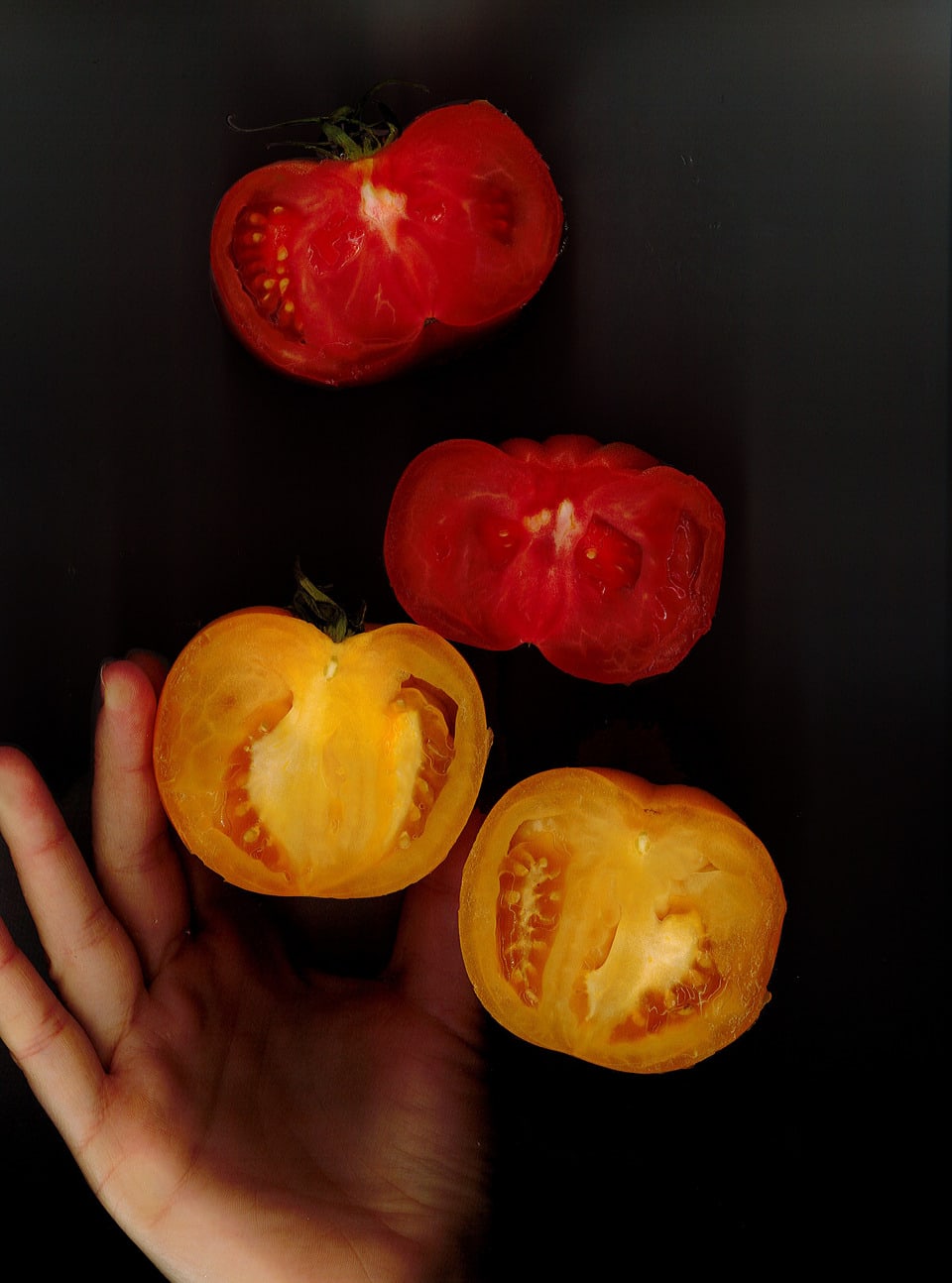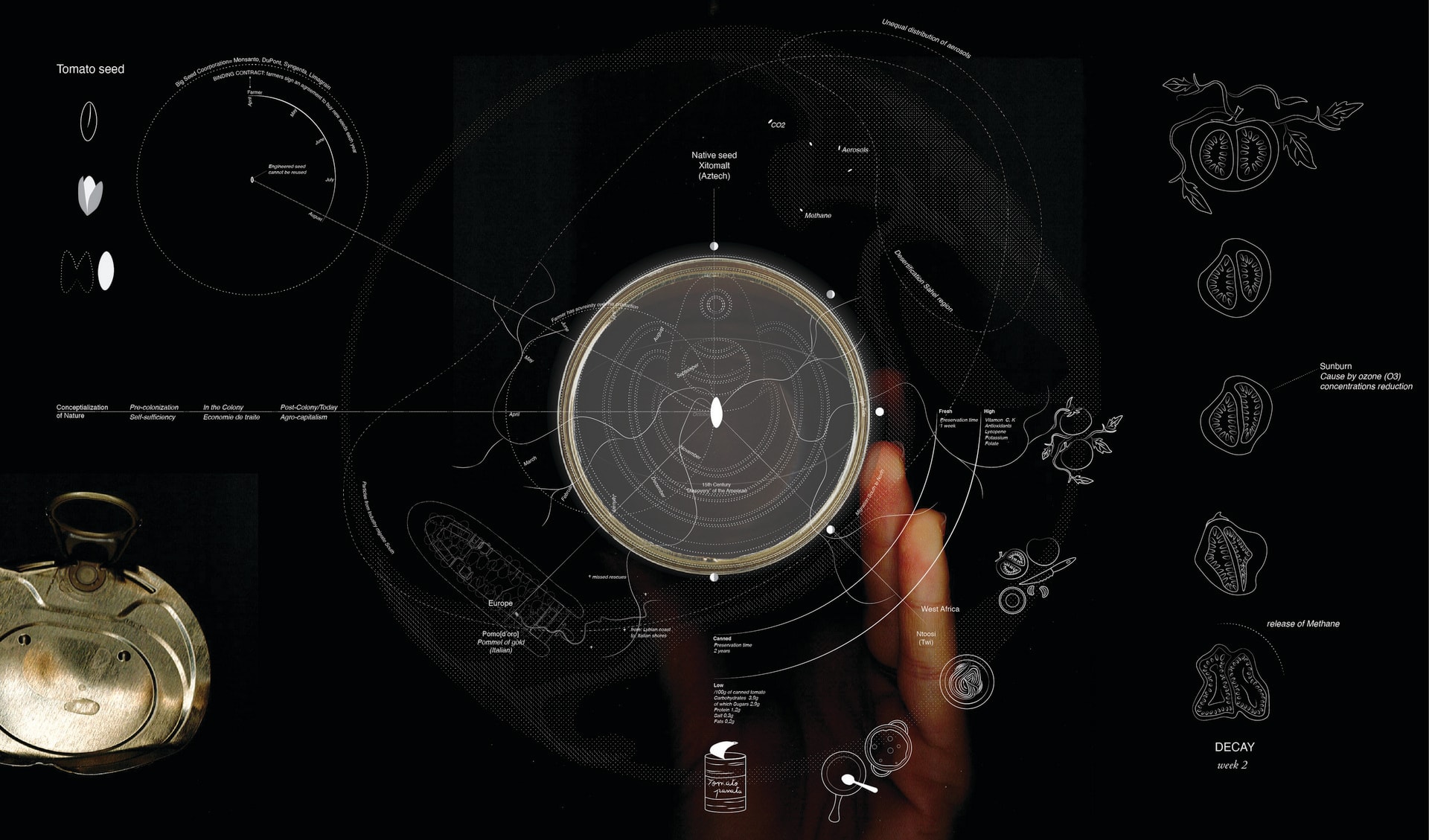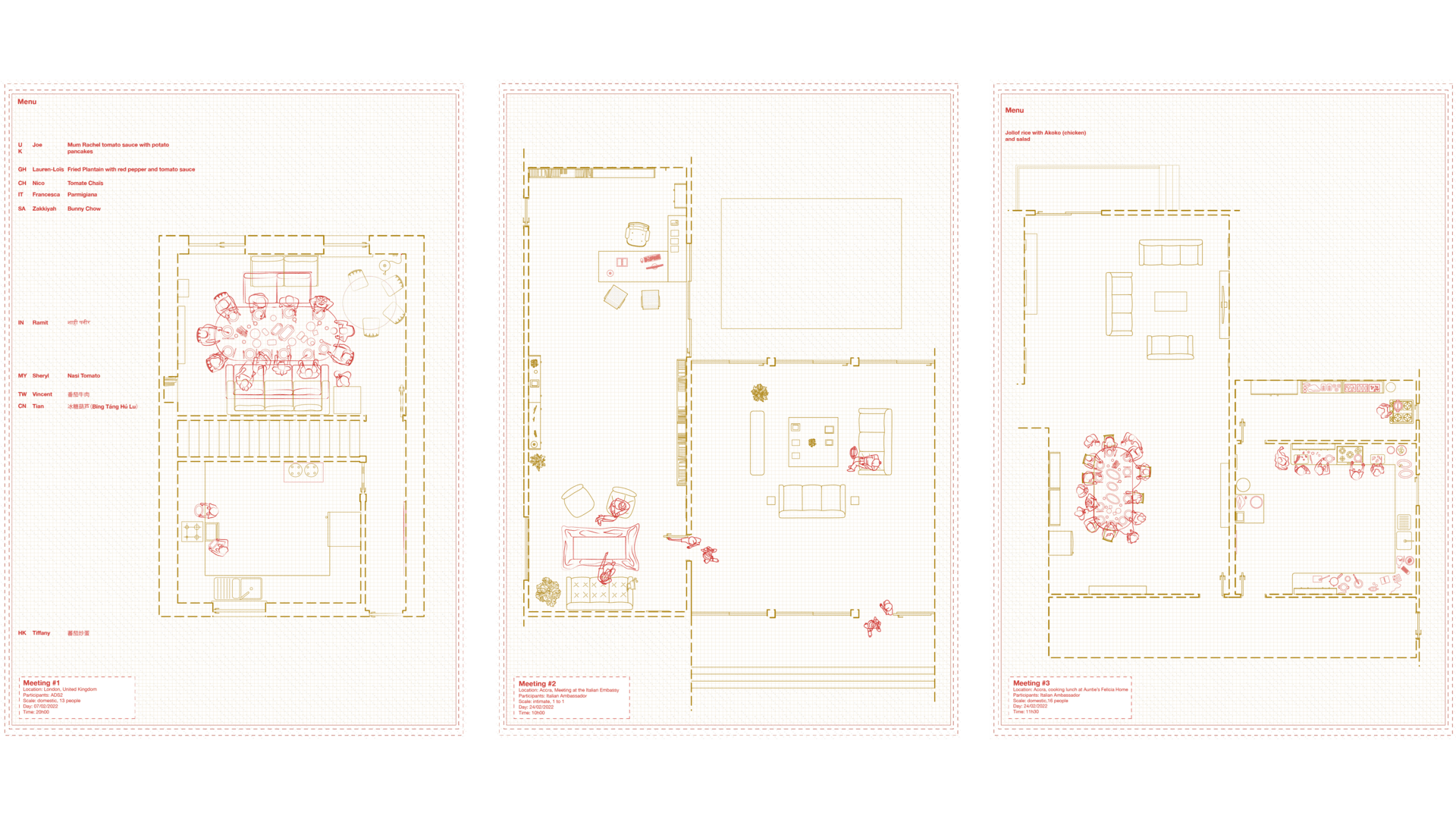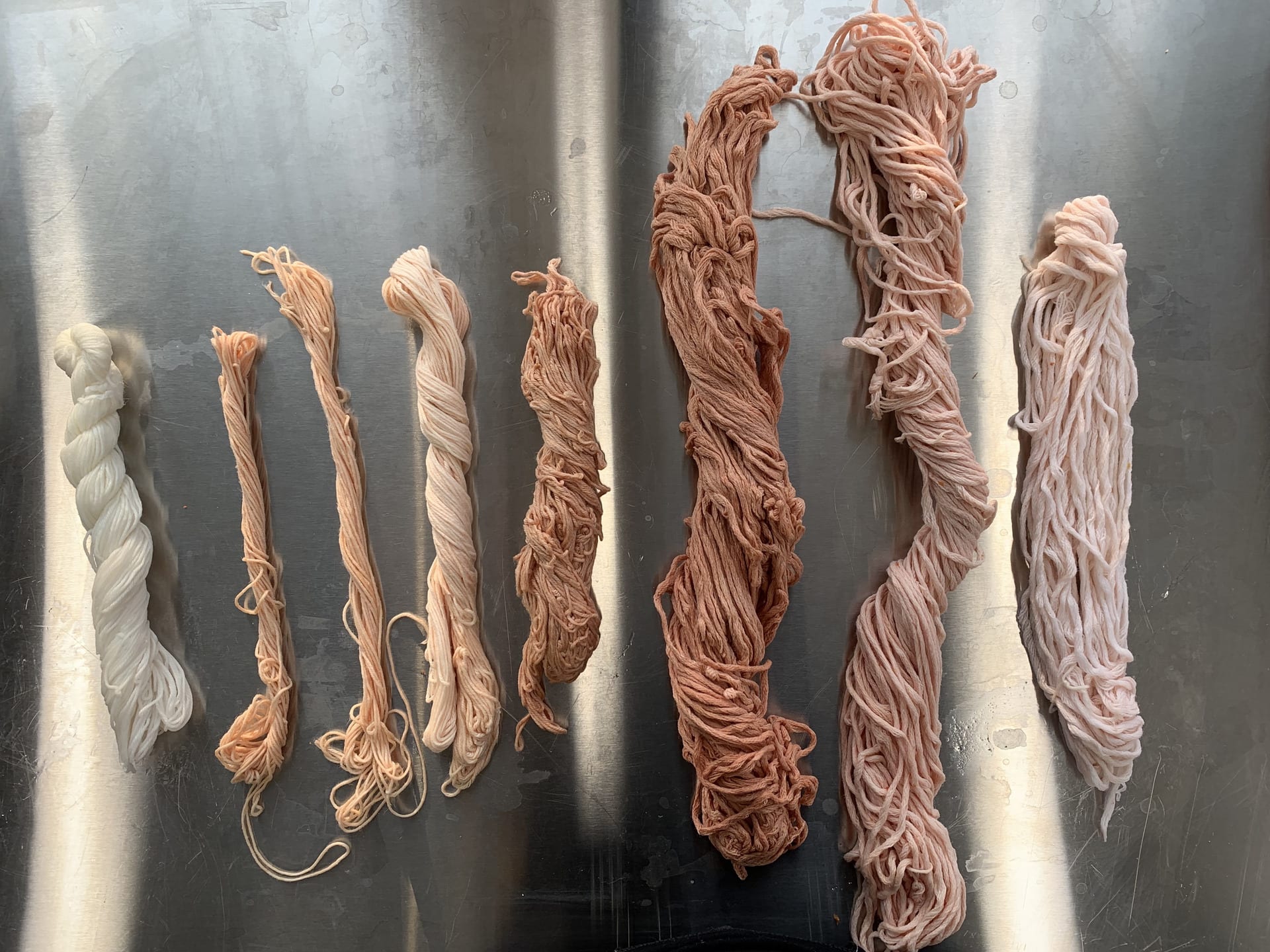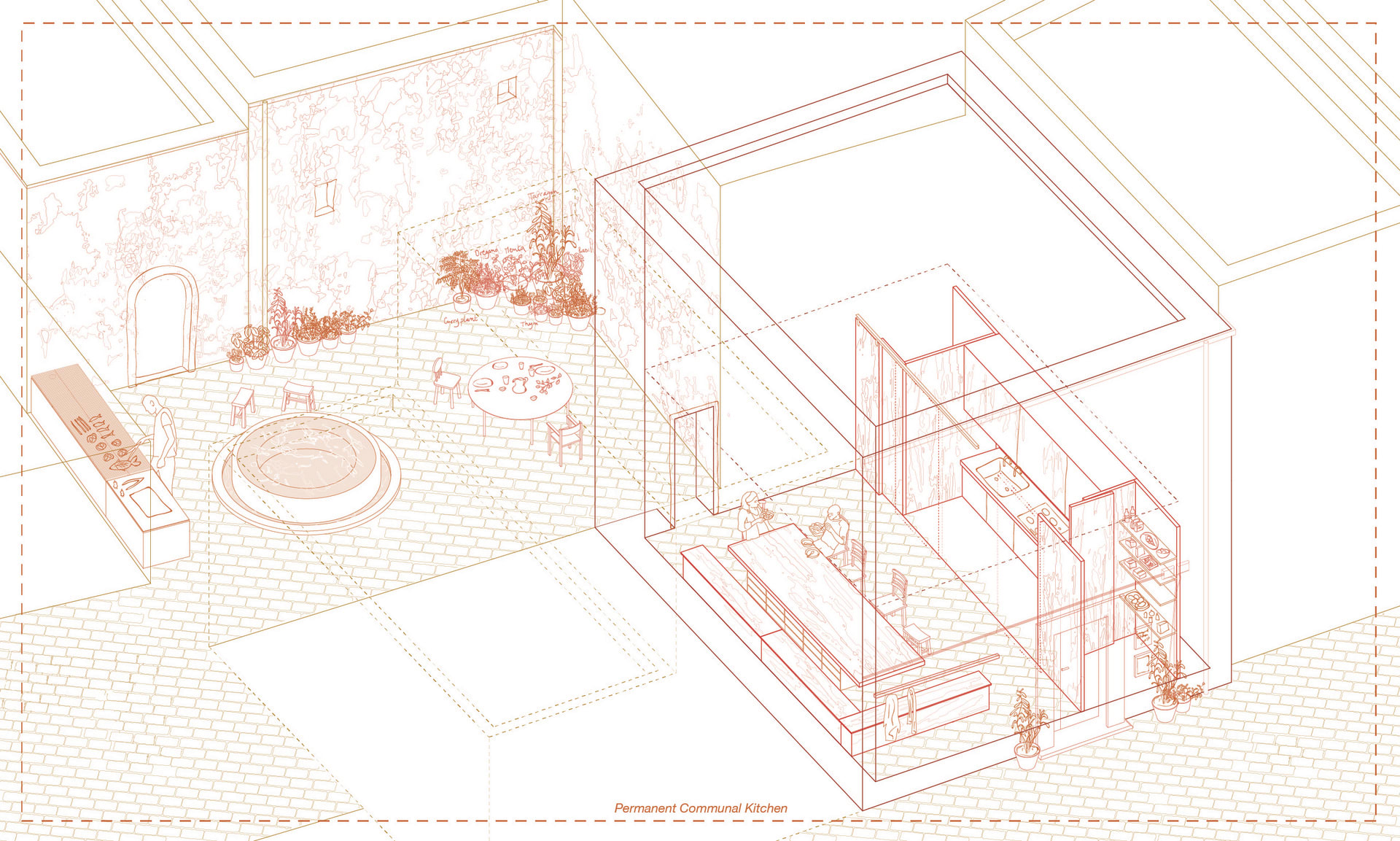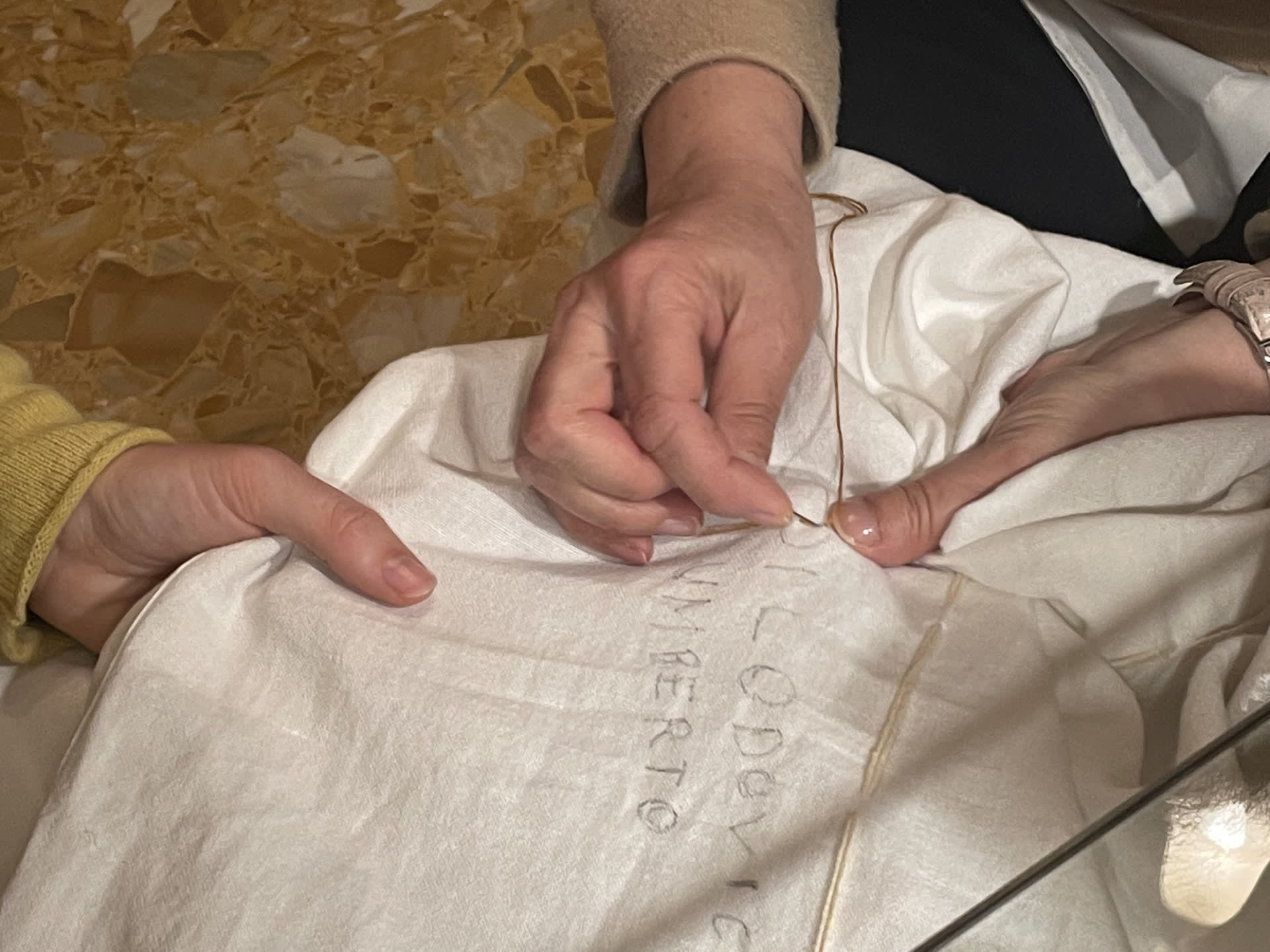Francesca is a spatial practitioner based in Rome and London, whose work lies on the crossroads of architecture and art. Her practice is research-led and focuses on the potential of addressing governmental policies and unpacking conflicts through architecture and performance. Her work is driven by media experimentation and draws inspiration from the concept of political ecologies to understand contemporary landscapes and human conditions.
In 2019, Francesca graduated with a BSc in Architecture from the University of Bath and worked for one year at Foster+Partners in London before joining the Royal College of Art MA Architecture programme. Prior to that she has collaborated on projects at Husos Arquitectos in Madrid and Aim architecture in Shanghai.

